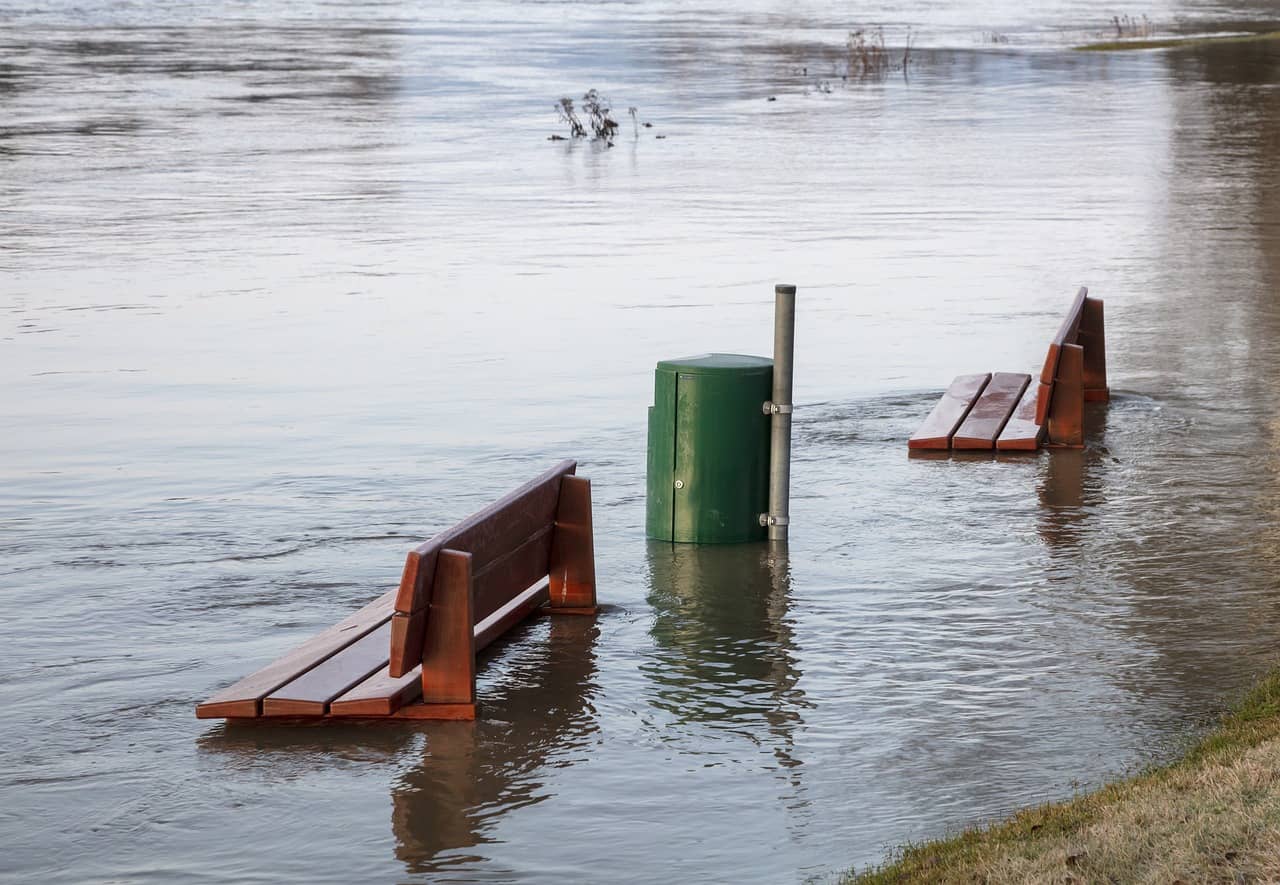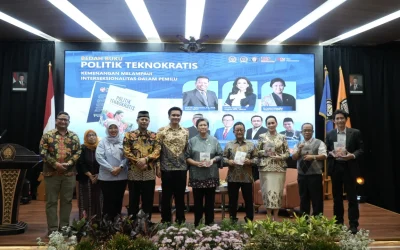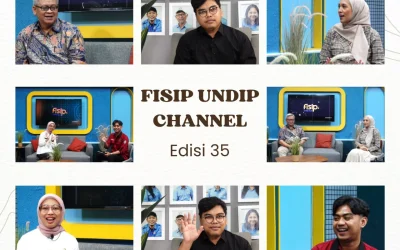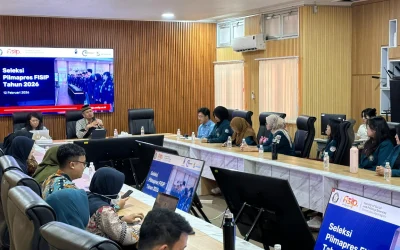Semarang – A journal article titled “Policy Networks in Public Policy Formulation: A Study on Flood and Tidal Flood Mitigation Policy Formulation by the Semarang City Government,” authored by Prof. Dr. Dra. Sri Suwitri, M.Si., a lecturer in the Public Administration Department at Universitas Diponegoro, has been published. This research examines the development of policy networks in formulating flood and tidal flood mitigation policies in Semarang City.
The article describes the interactions among various actors, such as the Subsystem Team, NGOs, mass media, Kedungsepur, the Regional Development Planning Agency (Bappeda), the Public Works Department (DPU) of Semarang City, and the Regional Environmental and Spatial Planning Office (Kimtaru) of Central Java Province. These interactions formed advocacy coalitions, resulting in a pluralistic and bureaucratic policy network. Differences in core beliefs among these coalitions led to conflicts that ultimately contributed to the formation of elite opinion and the merging of policy alternatives into a drainage master plan.
The policy network approach to policy formulation in this study is based on theories of agenda-setting, policy formulation, and advocacy coalitions. The networks that emerged through the interactions of the government, private sector, and civil society helped facilitate changes in policy goals through stimulation and conflict among participating actors. The study also highlights that changes in the values and motivations of actors can influence the strength of relationships within the policy network, ultimately affecting the success of public policy formulation and implementation.
The study concludes that the policy network for flood and tidal flood mitigation in Semarang City consists of actors who engage intensively within the policy subsystem. This network can be categorized as a bureaucratic network, involving the DPU of Semarang City, the Regional Environmental and Spatial Planning Office, and Bappeda, as well as a pluralistic network that emerges within the Subsystem Team. The policy formulation process includes the identification of alternatives, formulation of alternatives, selection of alternatives, and decision-making, focusing on the creation of a drainage master plan expected to become a regional regulation. The presence of both vertical and horizontal policy networks contributes to achieving a more comprehensive and integrated flood and tidal flood mitigation strategy.
Source:
Suwitri, S. (2008). JEJARING KEBIJAKAN DALAM PERUMUSAN KEBIJAKAN PUBLIK Suatu Kajian Tentang Perumusan Kebijakan Penanggulangan Banjir dan Rob Pemerintah Kota Semarang. Jurnal Delegasi, Jurnal Ilmu Administrasi, STIA Banjarmasin, 6(3), 01-32.
Prof. Dr. Dra. Sri Suwitri, M.Si., a graduate of Universitas Diponegoro (Bachelor’s degree), the Universitas Indonesia (Master’s degree), and Universitas Brawijaya (Doctorate), teaches in the Doctoral Program in Public Administration, offering courses in Public Policy Introduction. Her research provides valuable insights for the government and relevant stakeholders in devising effective strategies to address the challenges of flooding and tidal flooding in Semarang City.





0 Comments